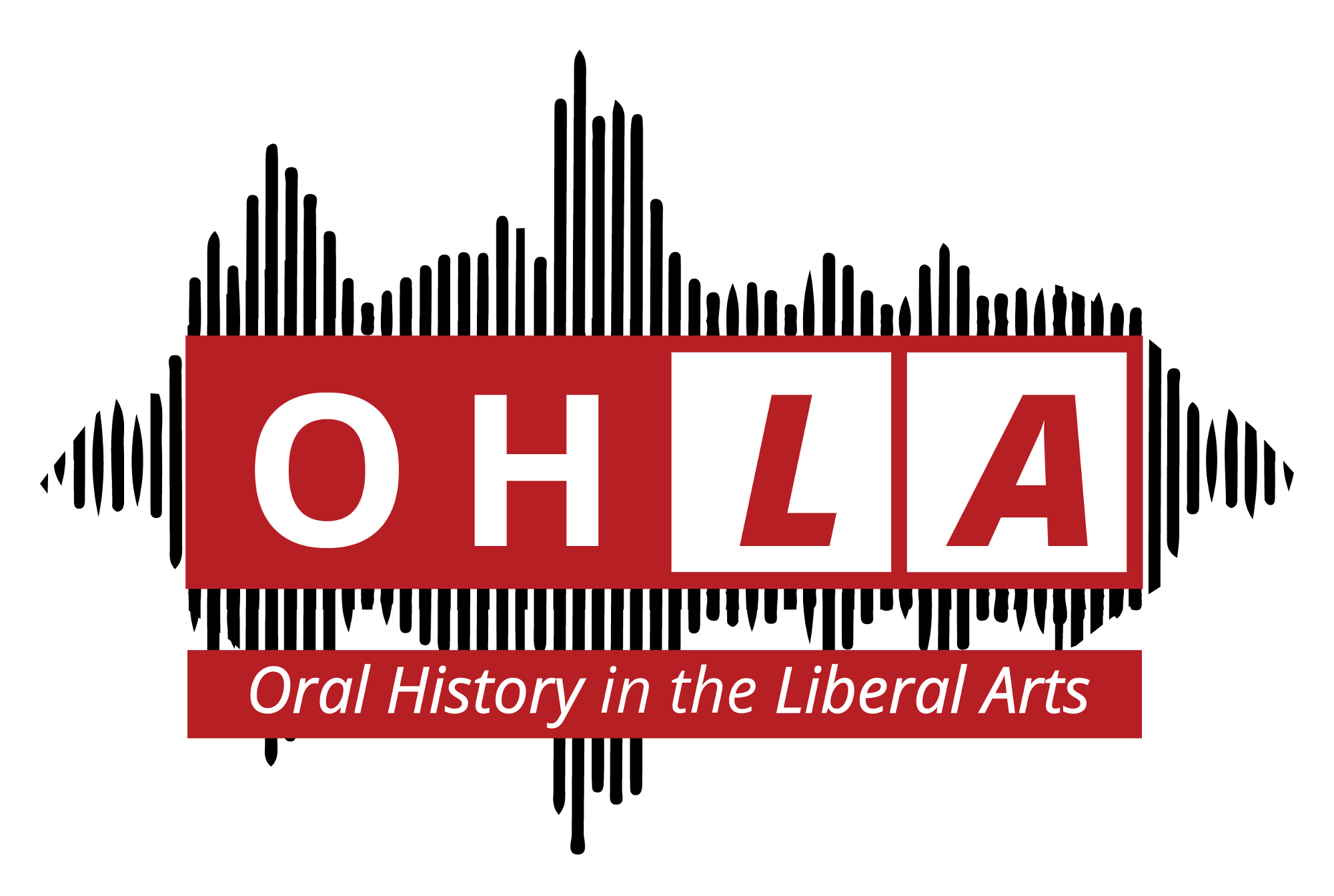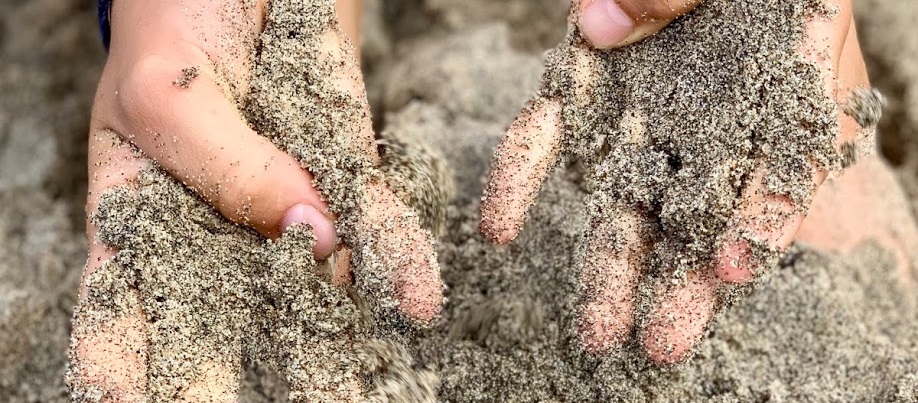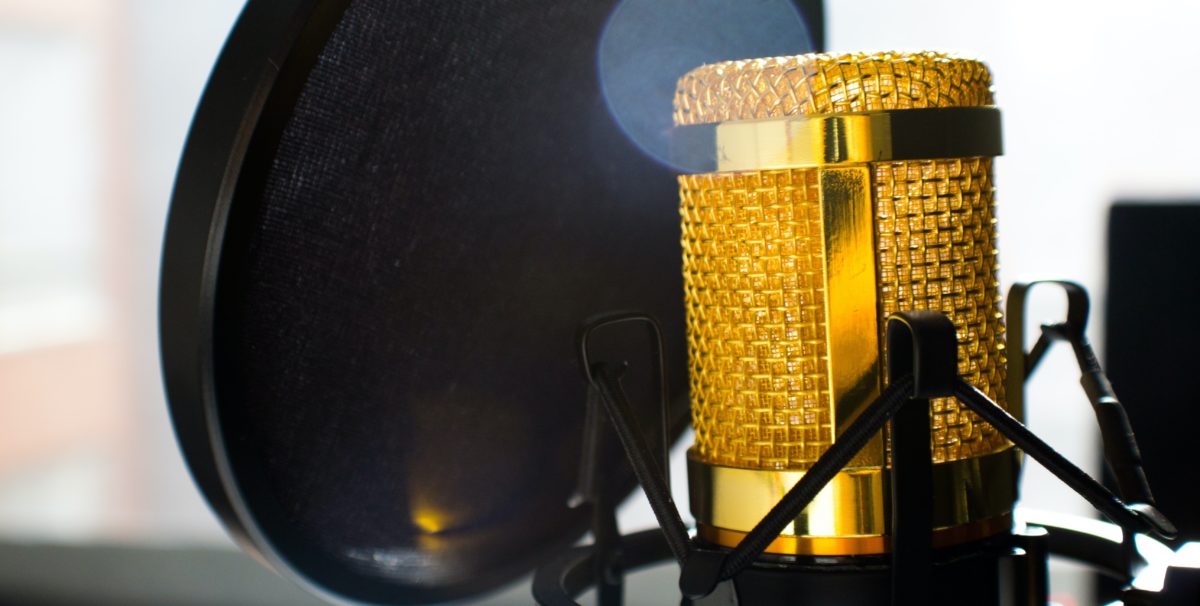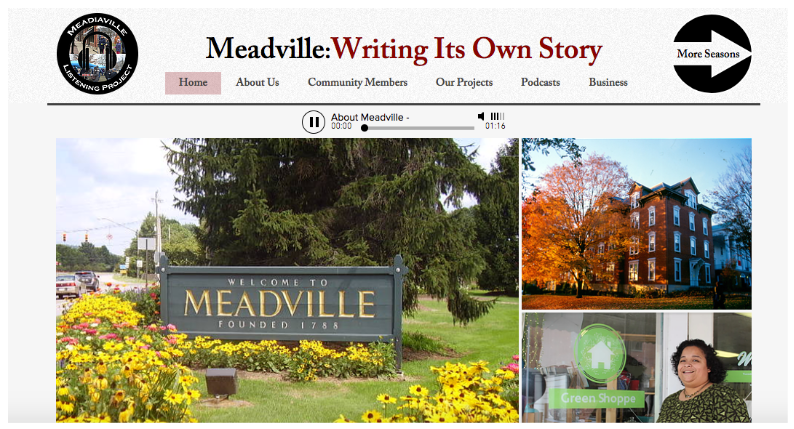Maybe one of the harder tasks for interview projects is designing the right questions and asking the right questions. A good interview should have a balance between leading the interviewee enough so as to get the information needed for the project as well as giving enough room so as to not lead the interview with already made assumptions of what is important. The resulting interview should both be relevant and engaging to an audience that is interested in the project topic and it should reflect the interviewees experiences in a respectful manner that gives them enough leeway to really share what seems important to them, rather than what seemed important to us (the interviewers) in advance – especially because we could never think about all the possible experiences, issues, and topics that our interviewees have to share!
The project I have been working on, is a project that will continue on after this and aims to interview many different people who have different stories and who are at different stages in their life. It therefore never made too much sense to ask very specific questions, or some questions might have to be varied a little bit depending on the interviewee. At the same time we needed a baseline of what we wanted each interview to cover.
In the beginning we had designed five questions, or five parts, that the interview should cover. Those questions were quite open. Our interviewees often needed a little more direction to be able to respond. That’s probably also because we were trying to cover an immense range of topics and experiences. Over time I built out the questions further, with sub questions and follow up questions that gave a little more direction to the interview. I didn’t always ask all the questions if the broad content had already been covered in previous parts of the interview, and it was helpful for me, as the interviewer, and for the interviewee to have some more direction if we needed it.
Looking back now, I still noticed how different some of the interviews are, partially because we had some spontaneous follow ups that we didn’t ask everyone and partially because the interviewees sometimes took the questions in very different ways and of course because they all had different experiences. Of course, the interviews should be different, otherwise we wouldn’t need to do that many of them. Different topics come up as a natural development of the interviewee. At the same time, when I was looking back at all the interviews we had collected so far I noticed that it seems important (especially for a projected that is intended to be as big as this) to review the interviews very intentionally and adapt our questions either with edits or additions so as to bring out topics that came up which seemed important.
Of course it would be ideal to have the perfect list of questions from the beginning but that really is not possible. We learn through the interviews. For one, we learn about the practice of interviewing, making us better at asking questions in the right way. Secondly, we learn more about our project topic and learn about which things are important that we did not think of, or which things are less important than others. This is the experience and knowledge needed to develop the questions further and improve them every time.
While I did not always do so much intentional review work of the interview questions, I did see how both my interview practice and my questions improved further and further over time by reviewing the questions and interviews from time to time.
This is my experience of working on interview questions and maybe it will help someone dealing with similar issues. To note, this is more about the process and development throughout the project – it will probably be very helpful to read some of the other tutorials on the OHLA website to learn about how to conduct interviews and design questions in advance of starting any interviews so as to be as prepared as you can be. Practicing also helps! And you can’t foresee everything or know everything in advance, even if you prepare well – and this is what this blog post tries to address a little bit.








